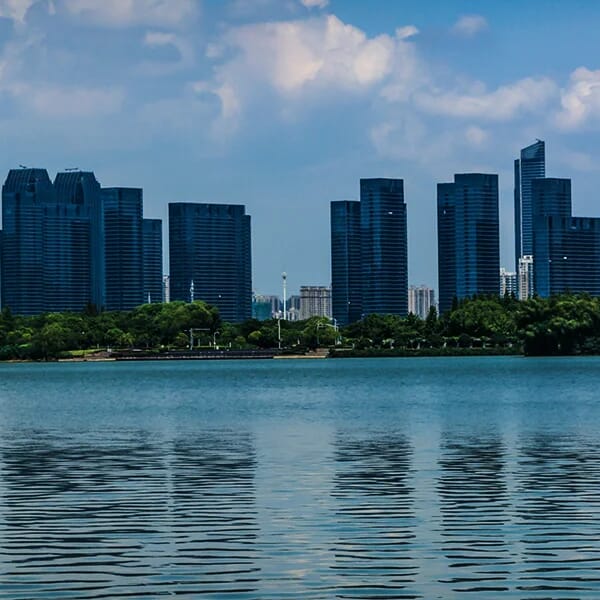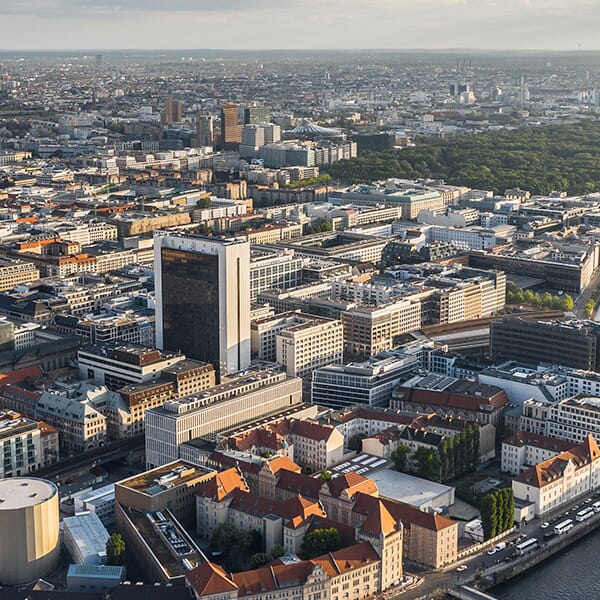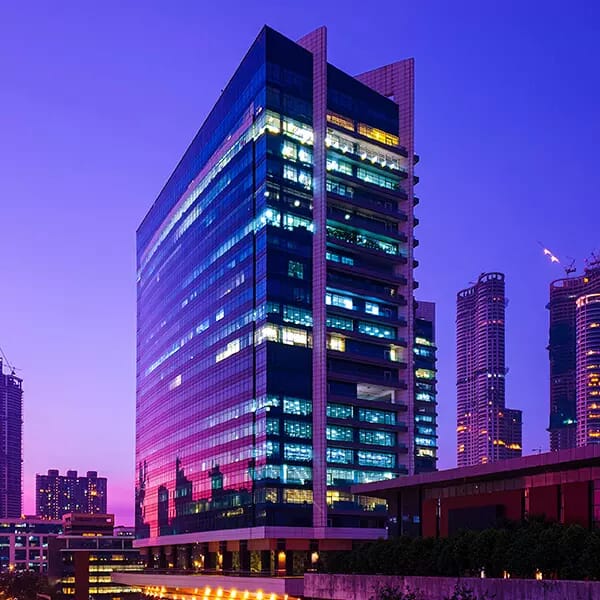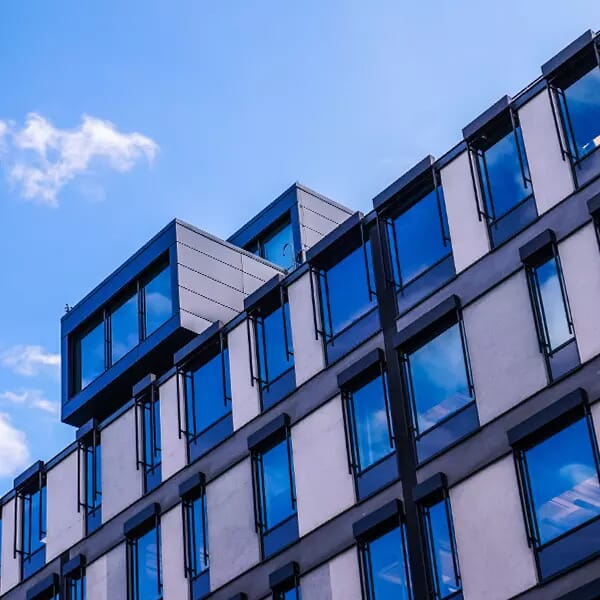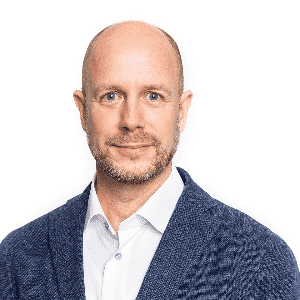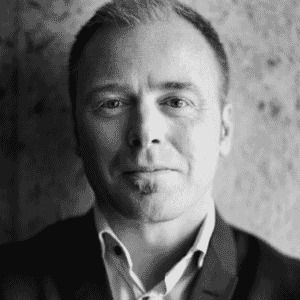 Credit: Arnaud Mesureur / Unsplash
Credit: Arnaud Mesureur / UnsplashHow to Maximise Sustainability in Hospitality by leveraging Technology
GRI Global Sustainable Hospitality Committee - June Edition
CO-CHAIRS:
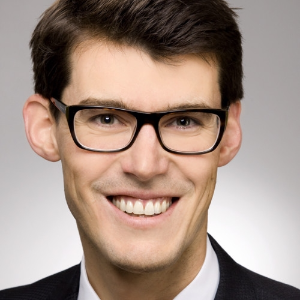 |
Adrian Flueck
Director of Hotel Asset Management Invesco Real Estate |
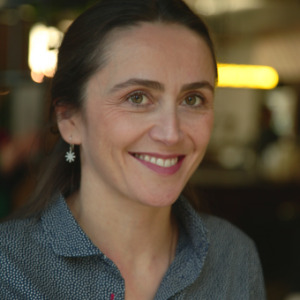 |
Benedetta Cassinelli
Managing Director and Co-Founder Considerate Group |
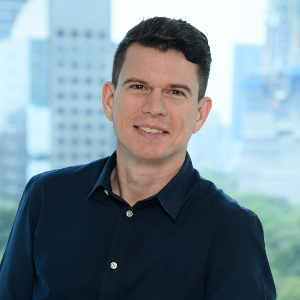 |
Jeffery Smith
Vice President Sustainability Six Senses Resorts & Spas |
 |
Ruaraidh Bellew
Commercial Director UK and Europe EP&T Global |
 |
Wesley Paul
Executive Chairman and Founder Gemin-i Analytics |
MODERATED & AUTHORED BY:
 |
Alex Edds
Director of Innovation, JLL Advisory Board, Berkeley Capital Group (BCG) |
‘HOW TO MAXIMISE SUSTAINABILITY IN HOSPITALITY BY LEVERAGING TECHNOLOGY’
Session Highlights
This session focused on sustainability in hospitality, and how technology specifically can support it. The first challenge with this subject is to define what we mean by sustainability, otherwise known as ESG (Environmental, Social, Governance). Therefore, to scope the conversation with the assembled panel, and be more focused, we narrowed it on the E (Environmental) with some reference to the crossover with the S (Social). Even with this focus, it is evident how big the subject and the multiple risks and opportunities for the hotel sector are, not least the most immediate risk given the current crisis.The panel gave us a diverse view of opinions and viewpoints – Wesley and Ruaraidh representing solution providers – seeking to offer products to solve sustainability challenges; Benedetta advising on strategy through to implementation, understanding the pain points and value chain; Jeffery bringing the perspective of a hotel operator; and Adrian as the investor.
-
Wesley was keen to remind us that the challenges were many and we need to look at the big picture, and make ‘step changes’ in our approach. He cited Covid as a major crisis that could disrupt the hotel sector completely in the short term, whilst inhospitable locations due to climate change present a longer term risk. He said incremental changes were not enough, and technology can certainly play a role, though adoption is key. Wesley gave examples of moving from manual to autonomous processes; from reactive to predictive as well as to optimise buildings with energy, carbon, cost and safety. This will help to increase resilience and prevent ‘stranded assets’. As an industry we need to radically accelerate our pace of change to create a step change to make all buildings more environmentally friendly and prepare for the inevitable ‘regulatory curve’. He believes the hospitality sector can lead this change.
-
Benedetta has been advising both investor and operator, and she picked up on the disconnect of drivers and incentives between the two stakeholders, which can lead to split incentives and inaction.
-
Ruaraidh referenced his work using machine learning and data analytics to improve energy efficiency in hotels. The biggest challenge is mobilizing the onsite teams to deliver the savings, which he says can easily hit 20% reduction. So, the tech exists to make these changes, but scaling this tech across portfolios is the challenge.
How do we tackle the remaining 80% of energy reduction? Is it tech, behaviour, culture?
-
Jeffery reminded us that known solutions, whether through tech or design, are far easier to implement in new hotel buildings, but much harder in older buildings, which clearly make up most of the stock. For these, it is about doing what you can.
-
Adrian, as an investor, looks at the things more from a portfolio perspective, and uses benchmarks and standards to measure performance and to find assets that need improvement. Now they are looking into decarbonization for all assets and creating a strategy for the next 20-30 years, including asset management, acquisition and divestment.
GRESB was mentioned by the panelists as one of the key disclosure tools used by much of the industry. The challenge, however, true for all the commercial real estate, is about the data – what data do we need and where do we get it, how to store it and analyse it, and what other data do we need to combine it with to make better decisions.
-
EP&T offer a turnkey solution to collect, aggregate and analyse data for hotels. Ruaraidh confirmed that, so far, for the clients they work for, energy is a main driver due to the cost and intensity of consumption, resulting in a direct link to asset value. The challenge still, however, is motivating onsite staff to take action and follow the advice of the data.
-
Wesley explained that at Gemin-i they look at it differently. The next years will be hard times for building owners due to inevitable regulation to meet government targets. Therefore, building owners must prepare for this now and get on the front foot, not just in terms of energy but in terms of many aspects of sustainability, including air quality. The industry needs to take a significant step change in its performance; otherwise, it will be imposed on the industry and there is a greater risk of ‘stranded assets’.
-
One of the key challenges for the sector, like the rest of the commercial sector, is who pays for it. The costs and incentives are often not aligned. We need incentives for people to make decisions. The belief is that sustainable hotels and buildings are good and valuable for everyone – for investors, operators, guests, and the wider economy. Therefore, if we can prove it using data, then we have a better opportunity to calculate and demonstrate the incentives – for example, bringing in socio-economic metrics such as employment, local economic stability, prosperity. These data sets are there, albeit difficult to measure, but when combined and assessed, they should show that sustainable real estate is valuable for all the stakeholders in the economy. Another such example, which technology is beginning to help with, is air quality and cleanliness. Wesley explained the new technologies that have been developed to detect Covid and other pathogens in the building and then sanitize the air with 99.7% effectiveness. These technologies have come up in the last 15 months – it is a reminder that, if we innovate, things can happen fast.
-
Data is clearly key in this discussion. Benedetta explained that when working with clients they need to create a business case for sustainability, and data is essential to this. Technology is becoming increasingly important to acquire, gather, aggregate and analyse this data. The focus to date is on electricity and gas, but they also gather data from water and waste. Perhaps unique to hotels (and hospitals) but laundry consumes a huge amount of water, so this is key environmental impact.
So, what are the key drivers for hotels in terms of making investment into sustainability performance? What is driving investment?
-
From operator perspective (Jeffery), the business case begins with the brand, which positions them as a leader in sustainability. In terms of energy, they have cost reduction, and there is a great ROI on it, but they focus on broader issues for which technology is becoming increasingly useful. There are a lot of new remote sensing technologies to track ecosystem services like carbon sequestration (green carbon, blue carbon) and once that technology comes to maturity, there is a lot that can be done in automating how we gather data.
-
From an investment perspective (Adrian), they are under pressure from their investors. After the pandemic, there has been a lot more focus on concrete actions. He indicated that no operator has yet come to them to push for greater sustainability (and requested funds or support). He has agreed that the cost incentive is challenging but he thinks that a good business case can be built around energy savings. Sustainability will become increasingly important to their exit strategy.
What is the responsibility of the consumer in this discussion?
-
It is important to make sure that consumers are positive contributors to implementation of ESG strategy. Key rule is open communication and transparency. You need to tell customers what you do, no matter how little it is, and engage them throughout their journey in the hotel to support more sustainable behaviours. Need to be mindful of greenwashing as consumers are increasingly better educated and it can damage your brand. Consumers come to the hotels because they want experience, so engage with them by creating a story about that experience. Sustainability offers millions of stories, and you can be very positive about changes you are implementing within the building and outside in the community. Your customer can be very positive and a valuable asset in your sustainability journey. Inspiring guests can be very powerful, and technology can help with this. Hilton is a good example as they have gamified sustainability through a points loyalty system.
-
Whilst some technologies that can remove the guest from the equation exist – for example, automation of lights and AC – the reality is that guests sometimes want control. So, it is about nudging better behaviours and making it as easy as possible to do the right thing. The reality is that guest rooms are the hardest areas to make change because it is largely out of the operator’s control. There are many other areas, for example, kitchen, restaurant, conference rooms, that are within direct control of the operator and that offer more opportunity and ability to make significant changes.
And finally in terms of finance and investment,
-
Jeffery explained that the operators have had to use CAPEX budgets to try and generate savings and ROI. However, there are some new entrants in the market that offer fully funded solutions. This presents a great opportunity to radically transform hotels and remove some of the key barriers. Ruaraidh commented that EP&T have adjusted their business model to meet this exact need, and now offer fully funded solutions, recovering revenue through the savings made.
Conclusion (by the moderator):
-
It is clear that the hotel sector shares many of the same challenges as the rest of the commercial real estate sector. Two key themes emerged:
Data. There is not enough of it, and it is hard to get (especially, from older buildings and for a broader set of metrics than just energy).
Misaligned incentives. Investors, operators and consumers. Data will be key to this as will communication (especially, to the guests). -
As for the technology, it seems there is a bigger opportunity to make a bigger impact than in other sectors, simply due to the sheer environmental impact of hotels. Given the availability of effective smart building solutions, coupled with fully funded offerings, there would appear to be a lot of low hanging fruits for operators and investors to make significant steps.
-
In terms of a more significant step change, it feels, as with other asset classes, that the conversation is still hung on ‘who pays?’. The difference in hotels, however, is the proximity and direct link to consumers. Given the growing social consciousness regarding sustainability it would seem that the risk of inaction is greater in terms of brand profile and consumer choice.
-
And of course, the political and corporate will to achieve Net Zero Carbon hangs over all real estate assets, and we will likely see major investment decisions steering capital away from poorly performing assets. This presents a business opportunity for some (utilizing technology and innovative) business models but also presents a significant risk of ‘stranded assets’.
